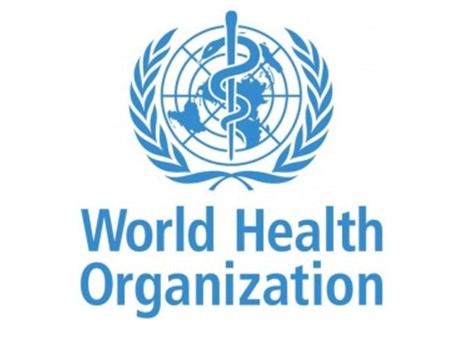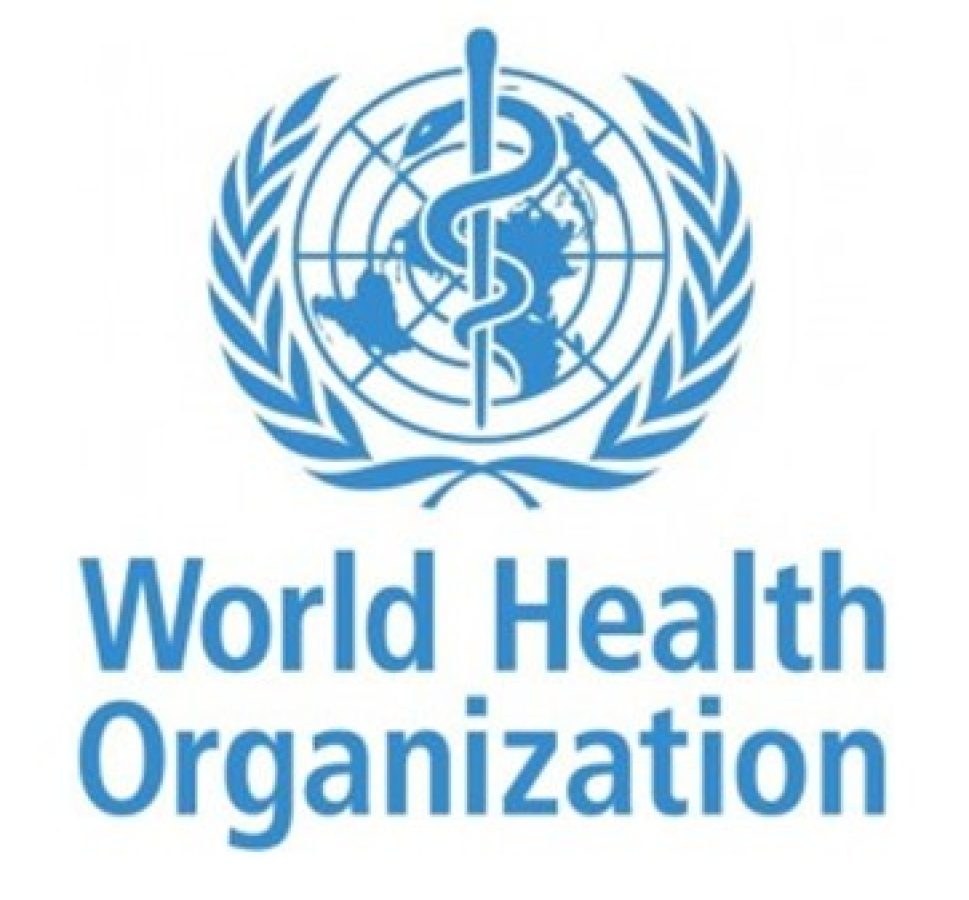
The World Health Organization (WHO) recognized Chad as the 51st country to eliminate neglected tropical disease (NTD), marking substantial progress towards the 100-country target set for 2030.
Chad has declared victory in the fight against Human African Trypanosomiasis (HAT), commonly known as sleeping sickness, marking the first neglected tropical disease to be eliminated in the country.
The World Health Organization (WHO) recognized Chad as the 51st country to eliminate neglected tropical disease (NTD), marking substantial progress towards the 100-country target set for 2030.
Human African Trypanosomiasis is a parasitic disease transmitted by tsetse flies in sub-Saharan Africa, causing debilitating symptoms and often proving fatal if untreated.
Dr Tedros Adhanom Ghebreyesus, WHO Director-General, said that Chad is the first country to be acknowledged for eliminating a neglected tropical disease in 2024, becoming the 51st country to have achieved such target globally, and marking the first step beyond the midpoint to the global threshold of 100 countries set for 2030.
According to him, 100-country target is one of the four global overarching targets set by the Road map for neglected tropical diseases 2021–2030.
“I congratulate the government and the people of Chad for this achievement. It is great to see Chad join the growing group of countries that have eliminated at least one NTD. The 100-country target is nearer and within reach,” said Dr Tedros Adhanom Ghebreyesus, WHO Director-General.
Ghebreyesus explained that sleeping sickness can cause flu-like symptoms initially but eventually causing behaviour change, confusion, sleep cycle disturbances or even coma, often leading to death.
Improved access to early diagnosis and treatment, as well as surveillance and response has proven that countries can control and eventually eliminate transmission.
So far, seven countries have been validated by WHO for eliminating the gambiense form of human African trypanosomiasis: Togo (2020), Benin (2021), Côte d’Ivoire (2021), Uganda (2022), Equatorial Guinea (2022), Ghana (2023), and Chad (2024). The rhodesiense form of the disease has been eliminated as a public health problem in one country, Rwanda, as validated by WHO in 2022.
Chad’s Minister of Health, Hon. Dr Abdel Modjid Abderahim Mahamat, said that the milestone achievement was as a result from years of dedicated efforts by the country health workers, communities, and partners.
“The elimination of the gambiense form of human African trypanosomiasis in Chad reflects our commitment to improving the health of our people.
“We will continue this momentum to tackle other neglected tropical diseases and ensure a healthier future for all Chadians,” Mahamat said.
As of June 2024, across the WHO African region, 20 countries have eliminated at least one neglected tropical disease, with Togo having eliminated 4 diseases and Benin and Ghana having eliminated 3 diseases each.
Human African trypanosomiasis (HAT), also known as sleeping sickness, is a vector-borne parasitic disease caused by the Trypanosoma parasite. These parasites are passed to humans through the bite of infected tsetse flies, which get the infection from humans or animals carrying the parasites.
There are 2 forms of the disease: one caused by Trypanosoma brucei gambiense, found in 24 countries in West and Central Africa, accounting for more than 92% of cases.
However, the gambiense form is the only form of human African trypanosomiasis transmitted in Chad.
There is another form of HAT caused by Trypanosoma brucei rhodesiense, found in 13 countries in East and Southern Africa accounting for the remaining cases.
The main approaches to controlling sleeping sickness include reducing the reservoirs of infection and reducing the presence of the tsetse fly.






